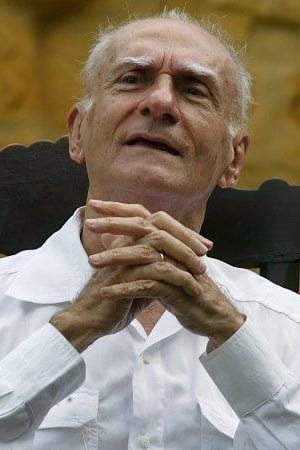
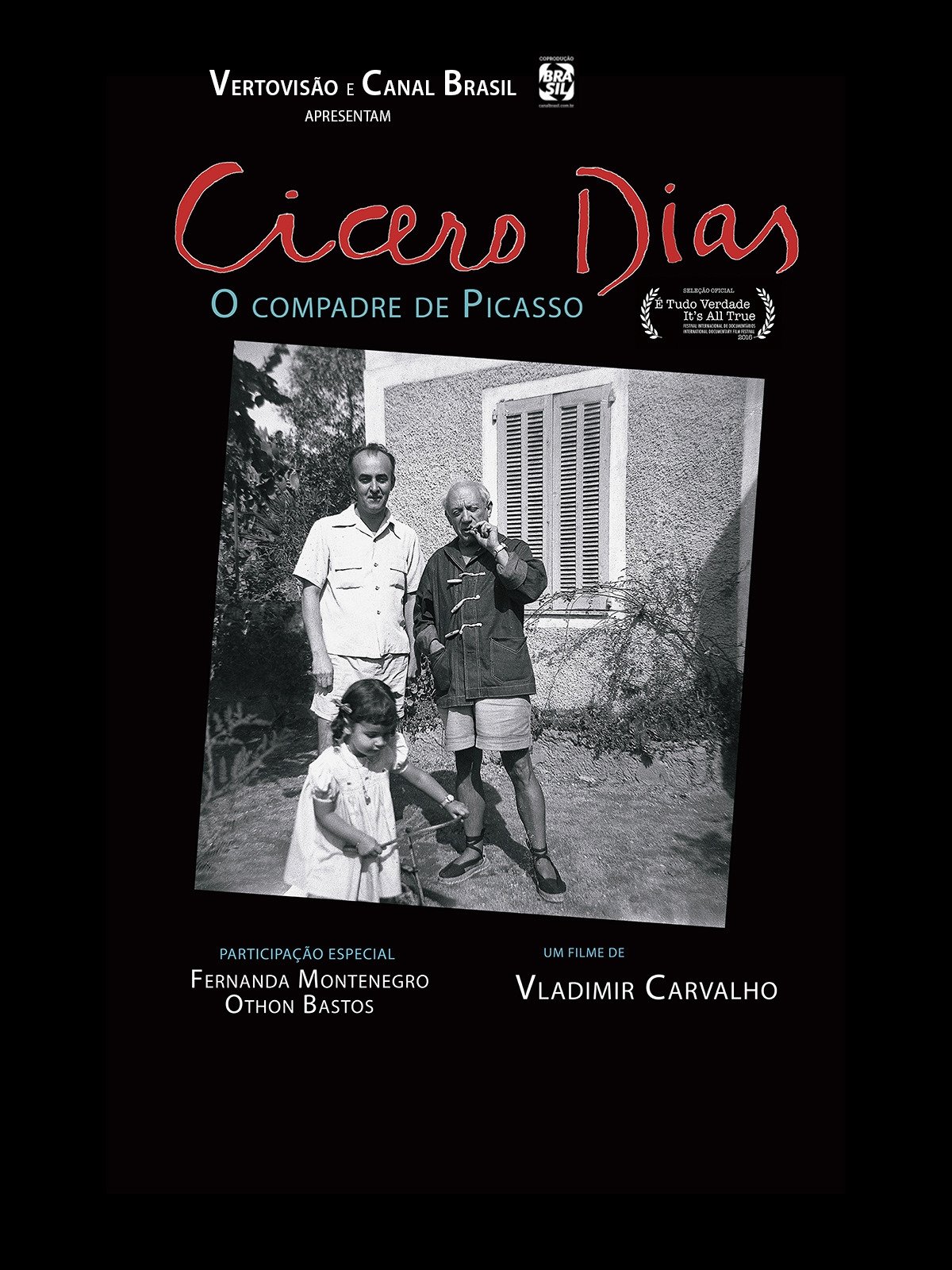
The Pernambuco painter Cicero Dias created an unparalleled art for the world. Close to a modernist and influenced by artists such as Pablo Picasso, Fernand Léger and Joan Miró, he marked the history of Brazilian art.
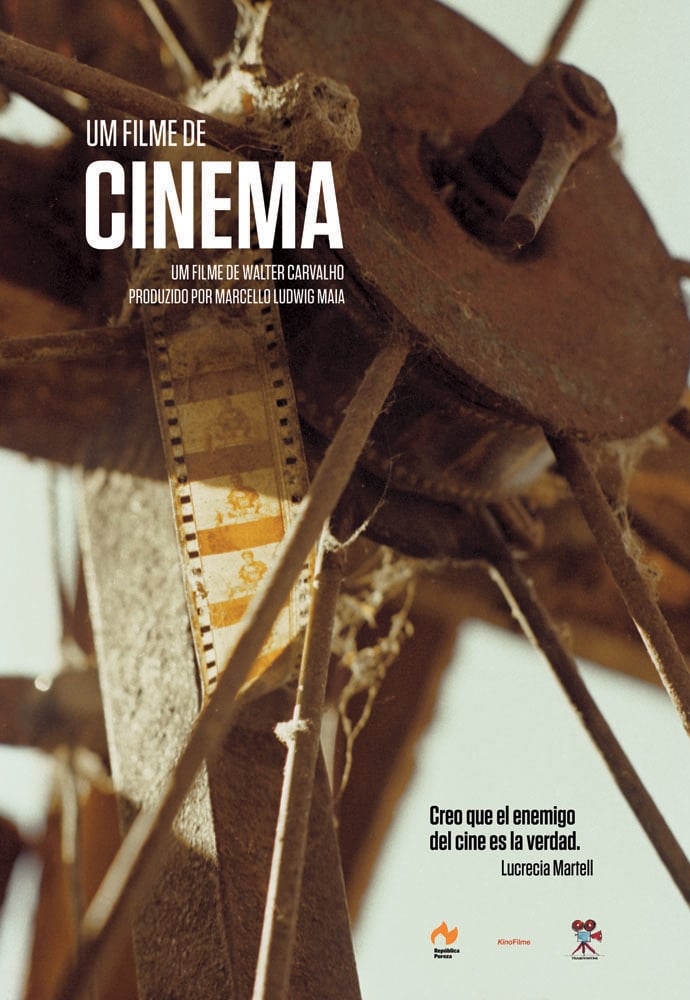
An abandoned tumbledown theater in the outback of Paraíba state is the initial setting of a film about cinema, which explores the testimonials of the novelist and playwright Ariano Suassuna and other filmmakers such as Ruy Guerra, Julio Bressane, Ken Loach, Andrzej Wajda, Karim Ainouz, José Padilha, Hector Babenco, Vilmos Zsigmond, Béla Tarr, Gus Van Sant and Jia Zhangke. They all respond to two basic questions: why do they make movies and why do they serve the seventh art. The filmmakers share their thoughts about time, narrative, rhythm, light, movement, the meaning of tragedy, the audience‘s desires and the boundaries with other forms of art.

16 members from the Brazilian Academy of Letters share their views on the current situation of the portuguese language.
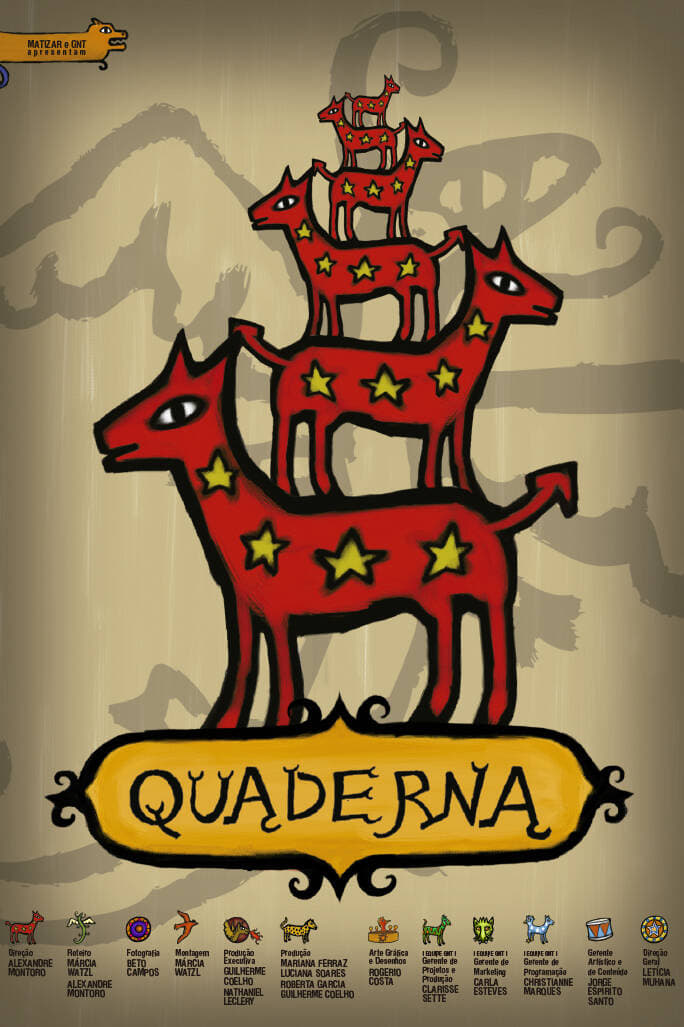
The documentary is a dive into this universe that Ariano Suassuna built with his Art (work) and his Life. His novels and characters. Your utopias. Your Quaderna, as the driving force behind this mix. Theater performances. Poems. Show classes. Popular culture. The cordel. The rabeca. Brazil and its stones. The Armorial Movement. Their readings and representations. Based on unpublished interviews with artists and friends (family), as well as Ariano himself and a tour of his home, the documentary recreates his universe.
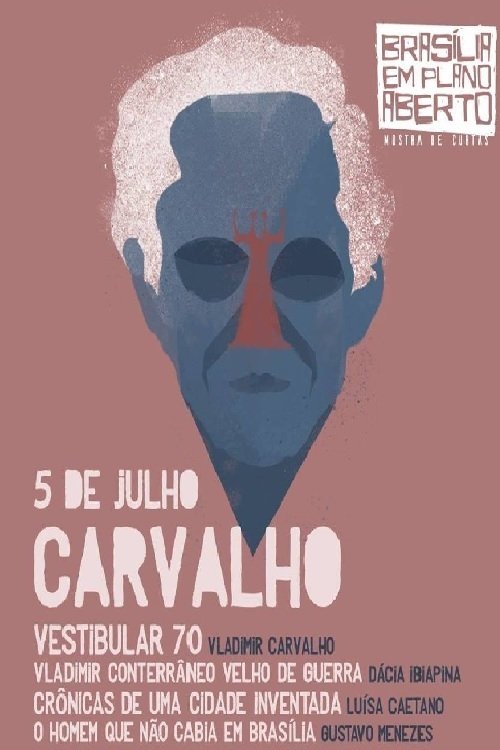
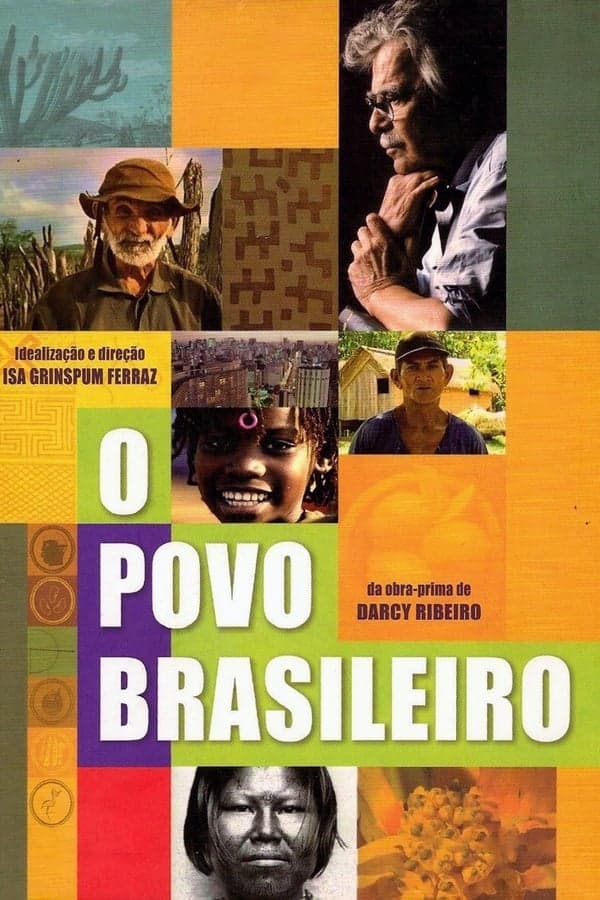
Directed by Isa Grinspum Ferraz, the series O Povo Brasileiro proposes a deep dive into the history of Brazil to talk about historical, social and cultural formations that constitute the identities of the Brazilian people. The production approaches from aspects of the native peoples to the formation of Brazil as a national unit, in a recreation of the literary narrative of the homonymous work written by the anthropologist Darcy Ribeiro.
By browsing this website, you accept our cookies policy.